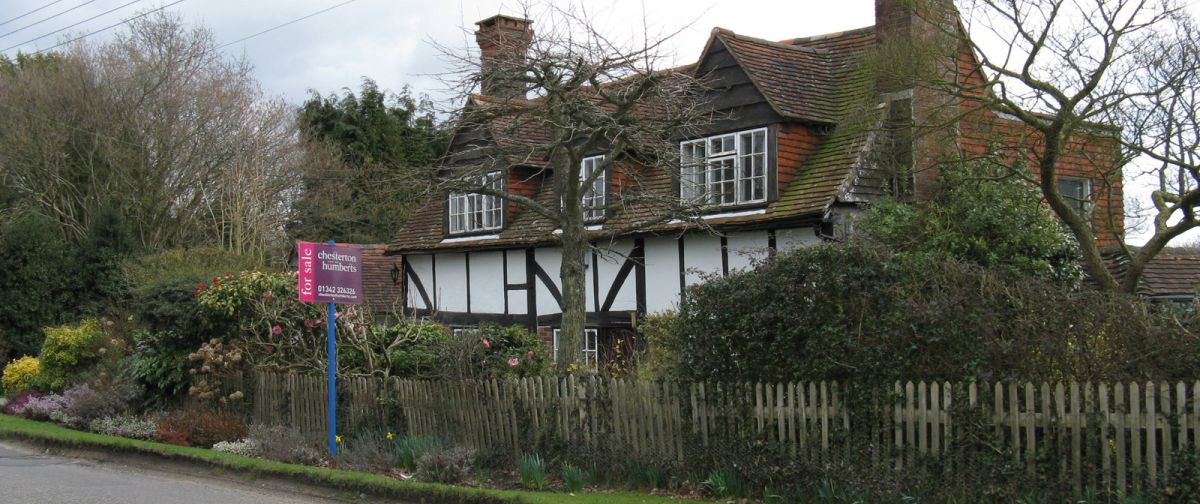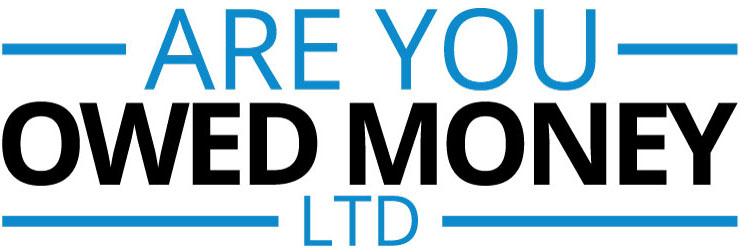If you are a creditor looking for a way to resolve a long standing personal debt, we could have a solution for you.
A "charging order" is designed to prevent a debtor selling assets which you could attempt to seize through High Court Enforcement. The order essentially stops to a debtor selling their house to avoid you seizing it. Read on for more details.
How do Charging Orders work?
A charging order application has two stages. Stage one is an "interim charging order" which stops a debtor from selling their property without you having knowledge of it. That then escalates to stage two, known as a final order.
If a court grants a "final charging order", this means that if the debtor property is sold, they must pay the creditor back from the proceeds. To not do so would be a violation of a court order. It also puts pressure on the debtor to pay without the shortcut of a sale. The knowledge of losing a percentage of the value of the sale usually dissuades them from doing so.

How do I obtain a Charging Order?
You will need to apply for a charging order on a standard court form. The court will usually consider your application without a hearing. If they consider everything to be in order, an Interim Charging Order will be granted.
The Interim Charging Order can then be registered against the debtor's interest in the property by either:
- Way of an agreed notice (If the property is solely owned by the debtor)
- or
- By way of a Restriction (If the property is jointly owned)
The court will then list the charging order application for final hearing. At this point the court will either dismiss the interim order if your debt has been repaid... or make it final; either with or without modifications.
When the court awards a final charging order you can proceed to have this registered on the title deeds of the property. Doing so simply transforms your unsecured debt into a secured debt.
Please be aware that the charging order will be registered only on the debtor's beneficial interest in the property. If the property is jointly owned, it will not be registered in anyway against the other owner's interest.
What are the advantages of using a Charging Order?
A charging order is very useful for a number of reasons including:
- Your unsecured debt now becomes a secured debt against the debtors property
- You can use the charging order with other methods of enforcement:
- Bank arrestments
- Arrestment of earnings
- Attachment of goods using Bailiffs or High Court Enforcement Officers
- It's a cheap, quick and effective way of enforcing your County Court Judgment
- You stand a good chance of getting paid if the debtor has a lot of equity in the property. It's very unlikely they would let a sale of the property go ahead as they may stand to lose too much.
How can we help?
If you want more information about how a Charging Order is obtained or how it can affect the debt or your debtor, you can call AYOM on 0800 130 3357.
You can also get in touch via our contact page. A Charging Order might not be right for your circumstances and we can advise you on a suitable strategy. So get in touch today to start recovery of your money.
